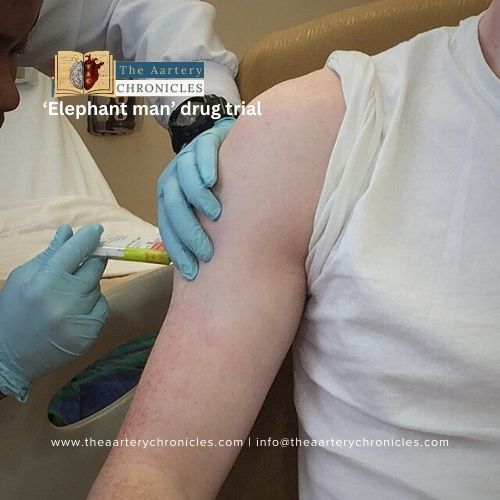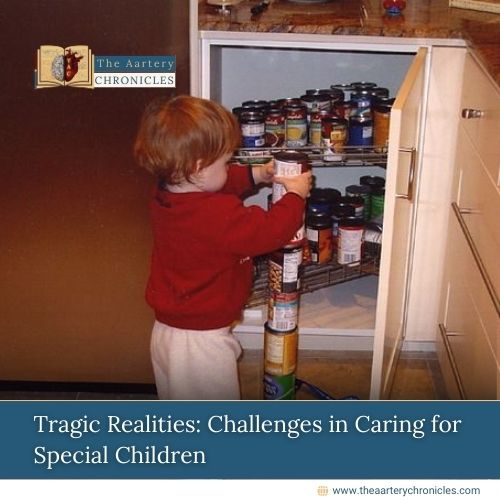

No DNA Match? Court Still Sentences Man for Raping Minor
A court in Dhoraji, located in Gujarat’s Rajkot district, has sentenced a 22-year-old man to 20 years in prison for raping a 14-year-old girl. Despite the DNA test results not matching the fetus, the court ruled the conviction based on the victim’s testimony and other supporting evidence.
Court Orders Inquiry Against Investigating Officer
Alongside the sentencing, the court also directed the Rajkot Superintendent of Police (SP) to conduct a departmental inquiry into the actions of the investigating officer (IO). The inquiry was ordered due to the officer’s failure to investigate two other individuals named in the complaint as potential suspects.
Rajkot SP Himkar Singh confirmed the court’s directive, stating that Assistant Superintendent of Police (ASP) Simran Bharadwaj has been assigned to conduct the internal investigation against the IO.
Case Background: Allegations and Investigation
The case dates back to July 2024, when the survivor’s aunt complained to the Bhayavadar police station. She alleged that the accused had been raping the girl for two years under the pretense of a romantic relationship, leading to her pregnancy. The survivor later gave birth at a government hospital in Junagadh.
During the trial, the girl provided detailed testimony, recounting multiple instances of sexual assault over two years.
Prosecution’s Argument and Court’s Verdict
Additional Public Prosecutor Kartikey Parekh argued that the DNA mismatch alone should not be grounds for dismissing the survivor’s testimony. He emphasized that the IO failed to properly investigate the involvement of other suspects despite receiving the DNA results.
The court accepted this argument, ruling that the prosecution had successfully proven the charges against the accused. The man was convicted under Sections 376(3) and 376(2)(n) of the Bharatiya Nyaya Sanhita (BNS) and the Protection of Children from Sexual Offences (POCSO) Act.
Conclusion
This case highlights the importance of survivor testimony in sexual assault cases. It also brings attention to lapses in police investigations, prompting the court to call for an inquiry into the handling of the case. The ruling reinforces that DNA evidence, while significant, is not the sole determinant of justice in such cases.
Source: Inputs from various media Sources

Priya Bairagi
Reviewed by Dr Aarti Nehra (MBBS, MMST)
I’m a pharmacist with a strong background in health sciences. I hold a BSc from Delhi University and a pharmacy degree from PDM University. I write articles and daily health news while interviewing doctors to bring you the latest insights. In my free time, you’ll find me at the gym or lost in a sci-fi novel.








